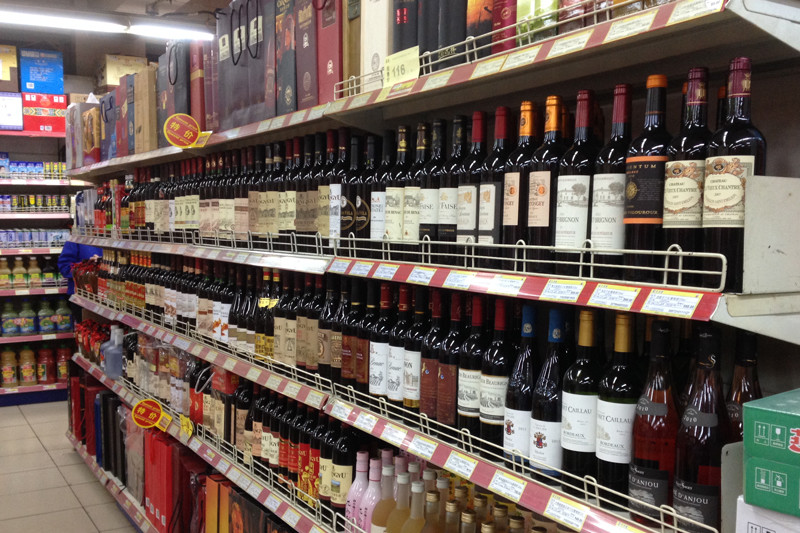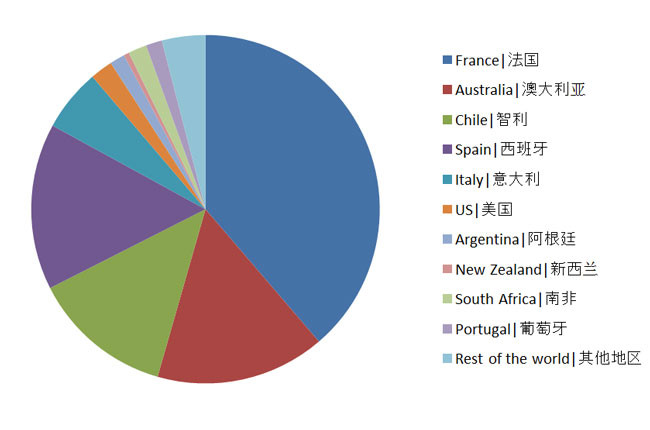The China-Australia Free Trade Agreement (ChAFTA) was officially signed by the two governments earlier this month, as further details on stages of tariff reduction in the next five years were announced.

signing the China-Australia Free Trade Agreement in Canberra on 17 June 2015, witnessed by Prime Minister Tony Abbott.
Photo: DFAT/Andrew Taylor
For sparkling wine and wine ‘in containers not exceeding 2L (namely bottled wines)’, the tariff will reduce from a base rate of 14% to 11.2% in year one, 8.4% in year two, 5.6% in year three, 2.8% in year four; the final abolishment of the tariff is expected to come in 2019, according to the ‘Explanatory Schedule of Chinese Tariff Commitments’ published by Australia’s Department of Foreign Affairs and Trade.
As for bulk wines, the tariff is expected to reduce from 20% to 16%, 12%, 8%, 4% and eventually 0 in 2019.
The deal is expected to mean more Australian wines with lower price will be available for consumers in China.
Australia has emerged as the second biggest wine exporter to China after France. In the first four months of 2015, Australian wine import showed a 48% increase in volume and a 90% increase in value year on year, according to custom figures.
The significant uptake of Australian wine imports ‘was the strongest engine to the recovery of the (Chinese) imported wine market’, said China Association for Importers & Exporters of Wine & Spirits.
The foremost influence of the signing of ChAFTA is ‘to boost the confident in the market’, Willa Yang, head of trade body Wine Australia in China, told local media.
The lowered import cost also means that more wine importers may consider distributing Australian wines, Yang told DecanterChina.com in a previous interview.
The long-waited final conclusion of the trade deal came after 21 negotiating rounds between the two governments between April 2005 to November 2014, said China’s Ministry of Commerce (MOFCOM).
China is Australia’s biggest trade partner with total trade worth $160 billion, according to the Australia government announcement. ‘China-Australia FTA will make Australian exporters more competitive in the Chinese market’ in sectors such as the wine industry, said official.
‘Through the application of ChAFTA, the general public is expected to have access to more quality Australia-imported consumer goods such as beef, lamb, diary product, wine, lobster and fruit. People’s needs for diverse choice of high-end (agricultural) products will be better fulfilled,’ said MOFCOM.
All rights reserved by Future plc. No part of this publication may be reproduced, distributed or transmitted in any form or by any means without the prior written permission of Decanter.
Only Official Media Partners (see About us) of DecanterChina.com may republish part of the content from the site without prior permission under strict Terms & Conditions. Contact china@decanter.com to learn about how to become an Official Media Partner of DecanterChina.com.











Comments
Submit